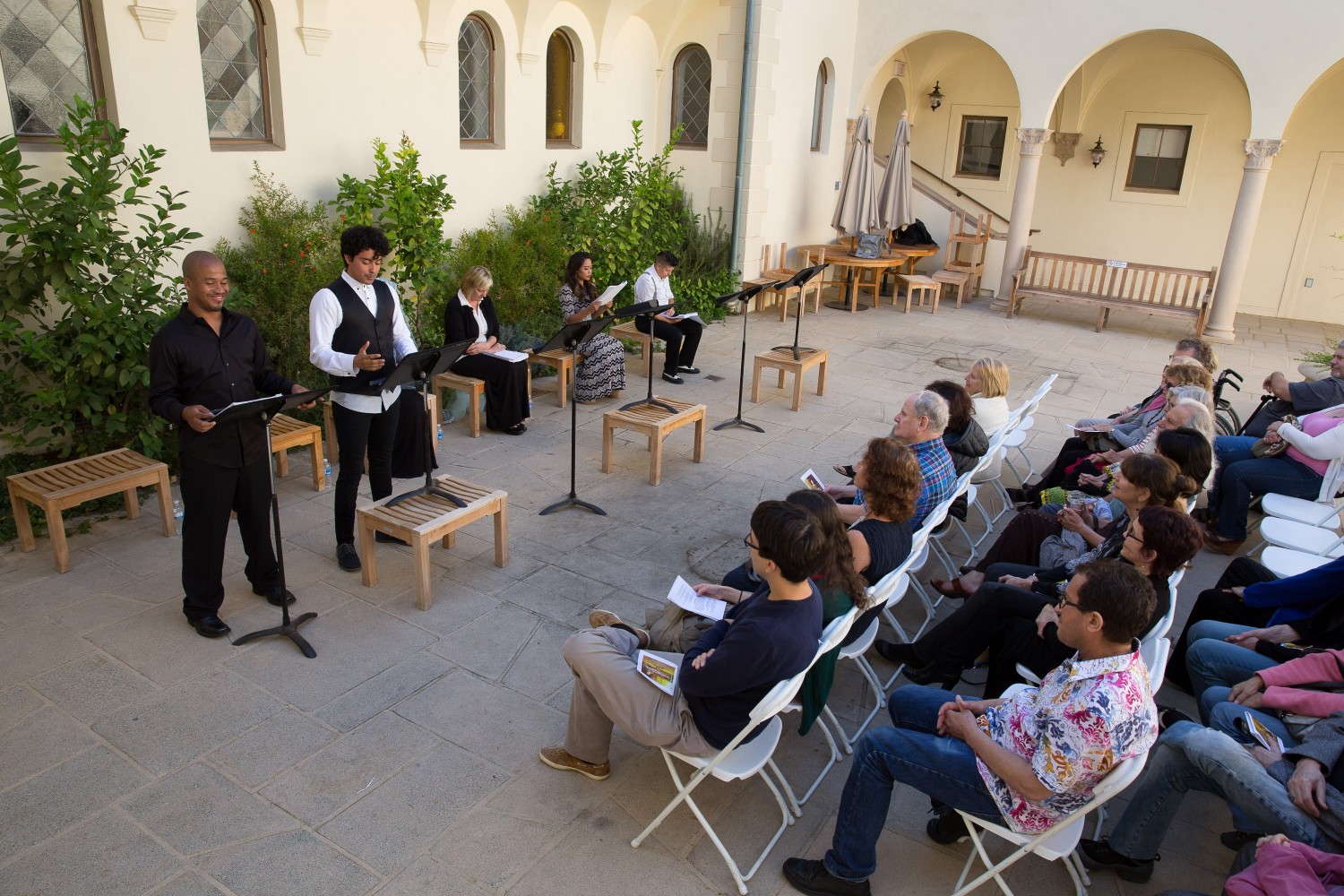
October 23, 2019
Our Next Translation
El semejante a sí mismo, by Juan Ruiz de Alarcón
The Comedia in Translation’s next project is El semejante a sí mismo, a comedia written by Novohispanic playwright Juan Ruiz de Alarcón and published for the first time in 1628 READ MORE
August 13, 2019
UCLA Working Group to Present at the Stratford Festival in Canada

Rhonda Sharrah READ MORE

















